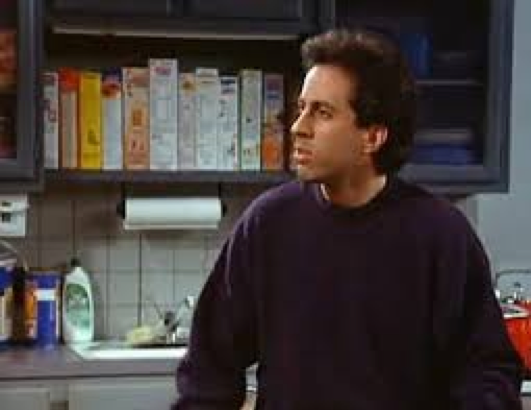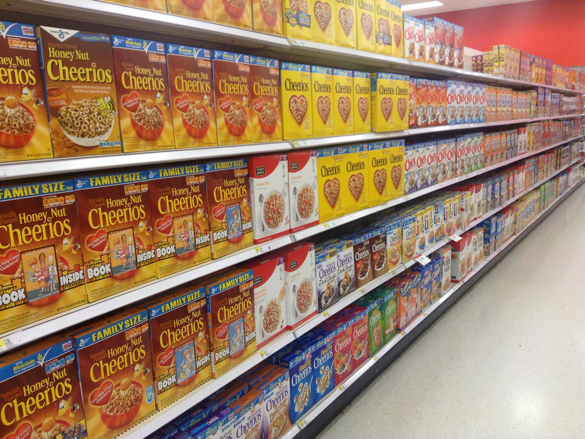The most profound impact on how we will shop in the future won’t be AI, VR, AR, big data or anything else. It will something far simpler that will yield greater impact; the death of single-use packaging.
I’m in the business of retail, consulting with the world’s leading companies, many of which are consumer packaged goods companies, on how to better position their products into stores so shoppers buy them. Being in the business of retail, I read a lot about the industry and am in discussions daily on its future. Yet, rarely do I hear people talk about innovating away from their packaging.
In my view, the next great retailer will bring the death of single-use packaging and in doing so, disrupt the industry and flip how we buy on its head.
My interest comes at at time when I have this never-ending dirty feeling after emptying a box of cereal or crackers, or the many other things that are in my pantry for a few days tops (I have two young, growing boys) and then tossing them into the recycling bin.

Then one day I stumbled across this article while doing research for a client project. And then later that day, had a business development call related to Loop. Coincidence?
I’ve always been fascinated by the excess waste we live with day-in and day-out. Though I grew up in Cincinnati, every year of my life I’ve visited Mumbai (formerly Bombay), India, always visiting my dad’s sister, who is now 80. She shops at the market, takes her own cloth bag, stocks up on fruits, vegetables and staples and puts them in glass jars in her pantry.
There is very little, if any plastic or cardboard packaging in her house.
The only packages I can think of are laundry detergent, some hand soap dispensers and shampoo. If she could, she’d probably buy this in bulk too.
Every morning a milkman delivers fresh milk…which by the way, milk my aunt uses to make me the world’s best coffee. I suspect this way of “package-free living” would be appealing to the younger generations that everyone is trying to attract. They are mindful of waste and generally more in touch with the environmental impact of consumption.
With the evolution of delivery and the consistent price pressure Amazon puts on the industry, I would imagine some smart people looking at ways to cut costs are asking what a single-use package-free retail ecosystem looks like. People like those at Loop. Imagine a single-use package-free world. What would that look like? Maybe it’s Loop or a similar model. What would the infrastructure needed be? Would it be worth the effort for all key parties? Would it be a net benefit?
I met with a friend earlier in the week and he reminded me that packaging design is so key for in-store, to attract the eyes of prospective shoppers. But I would argue that there would be ways to attract eyes without having to mass produce and shelve thousands of cereal boxes. Seems so archaic, doesn’t it.

To envision this at scale in the next three years, you might have to suspend reality. Maybe there are micro distribution centers or fill up stations in neighborhoods. Maybe Walmart and other retailers are delivering filled reusable vessels to your home weekly with their home vending machine system. Whatever it is, single-use packaging, you’ve been forewarned. Your days are numbered. And by the way, don’t get me started on those laptop and phone boxes either.
Feel free to shoot me a note whether you agree or not. [email protected].